
Turning the 2019 election into an opportunity for real change for the LGBTI community
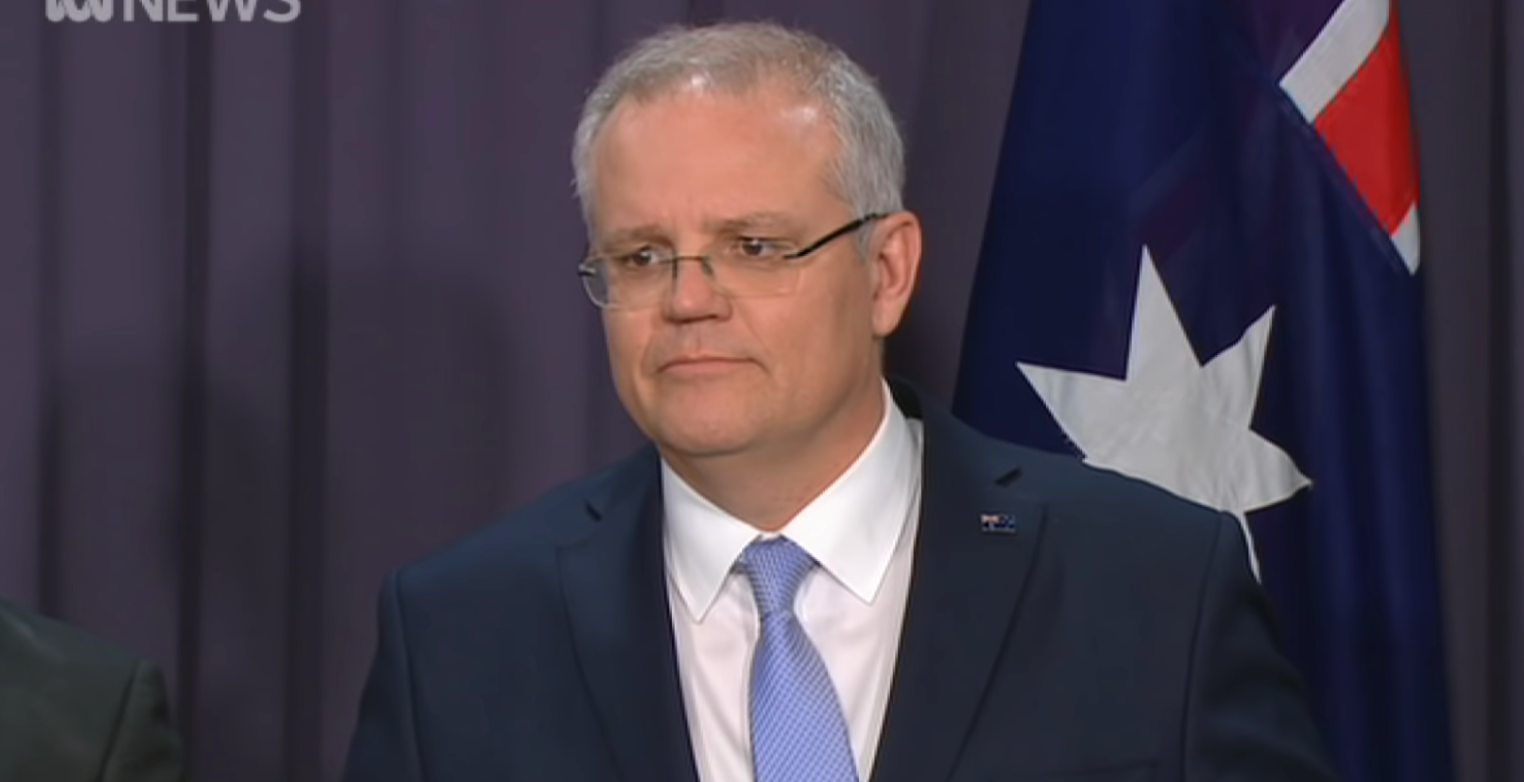
Long-time LGBTI equality advocate Rodney Croome looks at the upcoming federal election and why our community should stand up to bullies in parliament as a means to fight for real change in 2019.
***
In 2019, LGBTI Australians will continue to face a toxic political climate.
In the lead up to the federal election the Coalition will push culture war buttons marked “religious freedom”, “gender fluidity”, and “Safe Schools” more than ever.
It needs to win or retain key marginal seats in western Sydney and regional Queensland, precisely those areas that voted No in the marriage postal survey.
This is why the Coalition keeps talking about more protections for religious freedom despite successive inquiries saying they are unnecessary.
It is why the Prime Minister has called Tasmania’s proposed transgender equality laws “ridiculous” and his assistant treasurer has threatened to override them.
It is why the anti-marriage equality campaign, Marriage Alliance, has re-invented itself as “Binary”, an anti-transgender campaign.
In effect, the Coalition will keep running the No case even though most Australians voted Yes over a year ago.
Labor also needs to retain and win seats in these key areas so it will play a dead bat on LGBTI law reform.
Sure, Labor will make big announcements.
It will follow the lead of the Victorian Labor Government by promising to appoint officials, set up new consultative committees, and fund important initiatives.
But on law reform it is already drawing strict and unjustifiable boundaries to make itself a small electoral target and appease the Catholic right.
For example, Labor’s move to protect LGBTI students from discrimination in religious schools has not been matched by a commitment to protect LGBTI teachers, or LGBTI staff at other faith-based services (despite such protections having existed in Tasmania for twenty years).
In a blow to transgender and gender diverse Australians, Labor has also ruled out pushing for identity documents to be gender neutral.
On top of that, the recent Labor national conference watered down its LGBTI conversion therapy policy by taking out criminal sanctions, and also refused to commit to a national charter of rights.
Where are the Greens in all this? They have strong policies and a strong voting record, but they also have internal divisions on how far to go in defending LGBTI equality.
Developing and prosecuting a coherent, long-term vision for LGBTI inclusion and equality, rather than just reacting to hate and compromise from other parties would help the Greens overcome these divisions.
How the LGBTI community responds to the hate, fear, and compromise that will characterise the 2019 election will determine what kind of political environment we face under the next Government.
We must not repeat the mistakes made by the Equality Campaign during the last two years of the marriage equality campaign.
It resigned itself to a public vote that gave haters the biggest platform they have ever had to attack LGBTI people and that was overwhelmingly opposed by LGBTI Australians.
The Equality Campaign then refused to address the No case’s fear-mongering about gender, schools and religion, even though it could have done this in ways that strengthened the equality narrative rather than weakening it.
Instead, it threw transgender people, LGBTI students and LGBTI people of faith under the bus in a misguided attempt to win the postal survey by making marriage equality a tiny target.
Finally, the Equality Campaign endorsed unnecessary compromises in the final marriage legislation, compromises that gave Australia the worst marriage “equality” legislation in the world, again, against the wishes of the LGBTI community.
Much of this could have been avoided if the Equality Campaign had campaigned move rigorously in the lead up to the federal 2016 election.
Instead it went strangely quiet, losing a golden opportunity to deliver a parliament eager to grant equality.
The result of all this timidity has been continued, post-marriage attacks against LGBTI people, particularly against transgender and gender diverse people, against LGBTI people in schools, and against LGBTI discrimination laws under the cover of “religious freedom”.
In the lead up to this year’s election, it’s time to repudiate timidity and stand up for all those people and principles the Coalition will attack and Labor won’t much defend.
It’s time our national advocates tackled the haters head on and demanded stauncher support from fair-weather friends.
This matters because it is the only way to bring the long overdue correction to Australian politics that the postal survey promised but failed to deliver.
If the right wing of the Coalition is ever to stop harassing the LGBTI community it must see that we are not the soft, easy target it still assumes us to be.
It must see us stand up for ourselves, including on issues it thinks it wins on, like transgender equality and discrimination in schools.
If the federal Labor Party is ever to implement serious LGBTI policies that address structural discrimination it must understand that we are not content with half-hearted law reform and occasional showers of money.
It must see us tackle head on the issues it would prefer deferred.
My call to other advocates and lobbyists is this: Ahead of the 2019 election let’s return to stronger, bolder, more principled, more inclusive and more insistent campaigning.
Let’s show the courage required to stand up to the bullies and call out the by-standers.
Let’s transform the 2019 election from yet another tawdry challenge into our basic humanity into an opportunity for real change.
It’s the best way, perhaps the only way, we can move Australian politics to a place where true emancipation and inclusion for LGBTI people becomes a real possibility.




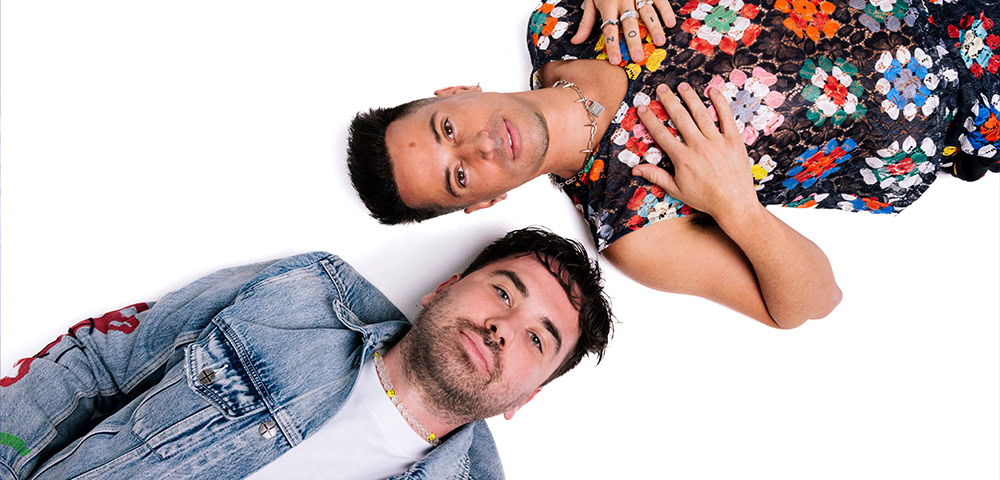

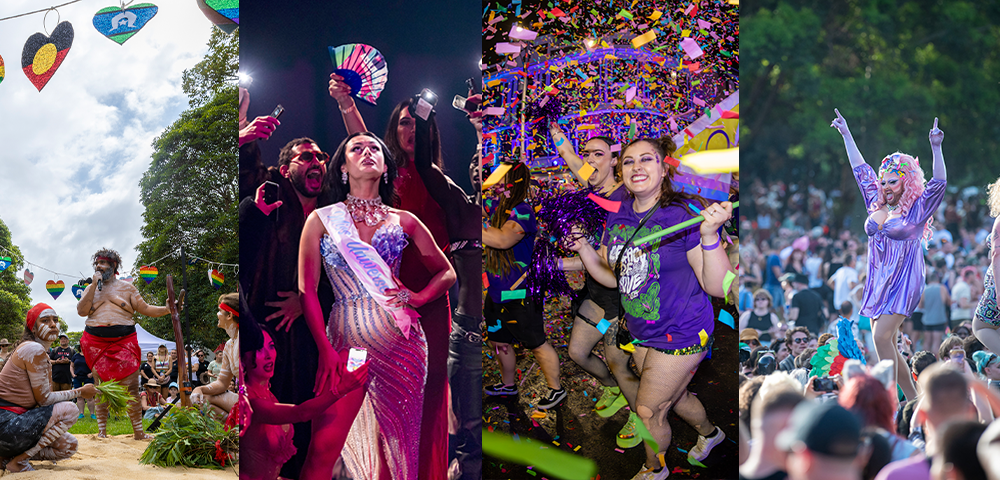
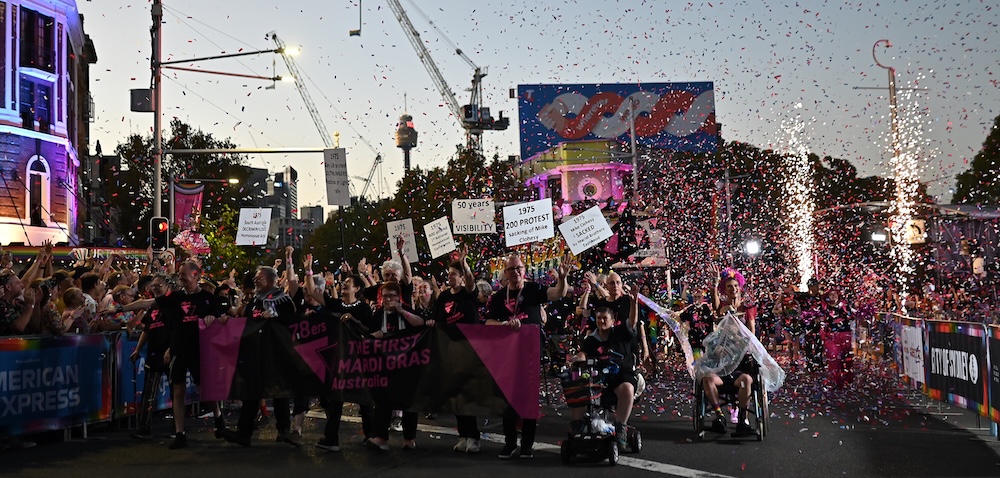
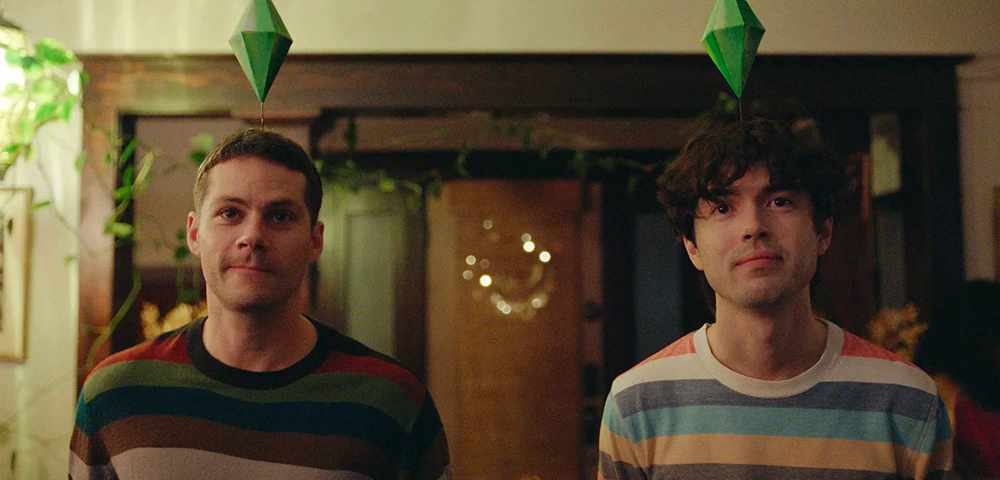

Great comments from a great advocate.
The “religious freedom” bizzo is truly bizarre stuff. Not only does it fly in the face of the strong survey result a year ago, it also flies in the face of common sense and conservative political tradition. It can be attacked from the left, as Rodney Croome has done masterfully here, but it can also be attacked from the right, as per the likes of Andrew Bolt and Rohan Dean who have raised the obvious point that a commissioner of religious freedom (the cornerstone of ScoMo’s policy) could effectively be a judge on what religions do and don’t believe. ScoMo is right out on a limb, I don’t think he has much of a filter about religion in politics whereas most Aussie voters certainly do.
I do want to correct Rodney on one small point – Labor did decide against criminalising “conversion therapy” per se to avoid driving the practice underground, Labor did not do anything to prevent criminal charges being brought against “converters” who assault or harm their victims during the conversion process. I think this position is sounder than simply criminalising it entirely.